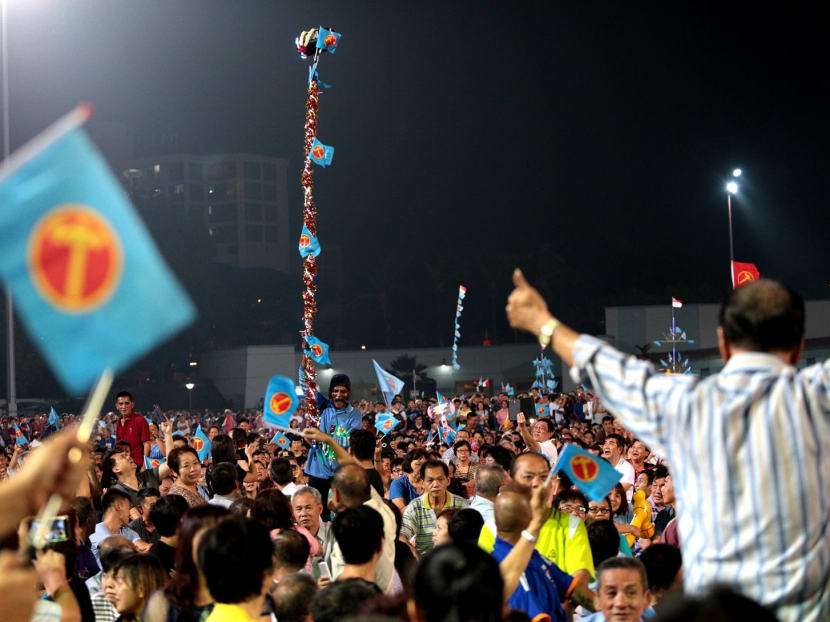GE2015: Walking the virtual ground ‘yields limited returns’
SINGAPORE — The various political parties may have spent more money on flashy marketing campaigns, artfully shot videos and carefully curated Facebook feeds during the Sept 11 General Election, but political-watchers remain sceptical that increased expenditure on such media engagement will necessarily translate into more votes for a party.
SINGAPORE — The various political parties may have spent more money on flashy marketing campaigns, artfully shot videos and carefully curated Facebook feeds during the Sept 11 General Election, but political-watchers remain sceptical that increased expenditure on such media engagement will necessarily translate into more votes for a party.
According to the campaigning expenses reports of all parties — which was opened for public inspection yesterday (Oct 28) — spending on media engagement was much higher compared to previous elections.
For example, the ruling People’s Action Party spent about S$1.679 million on advertising and printing of promotional materials — about 40 per cent more than in the 2011 polls.
Academics interviewed by TODAY agreed that this shift in spending reflected the parties’ belief in the power of marketing and brand management, especially given an increasingly wired and tech-savvy electorate. In the fight to win public votes, this is a “virtual ground that needs to be walked”, said Singapore Management University (SMU) law don Eugene Tan.
Established politicians can leverage on a strong social media presence to bolster their popularity, said Dr Woo Jun Jie of the Public Policy and Global Affairs Programme at Nanyang Technological University.
The academics pointed to Prime Minister Lee Hsien Loong as being in a “class of his own” with the latter’s avid use of Facebook.
Likewise, social media can act as an important “bypass channel” for the Opposition, said Associate Professor Alan Chong from the S Rajaratnam School of International Studies. Since Opposition parties may not command as much space in the mainstream media, which is often perceived to be pro-Government, they can turn to the online sphere, a place which may “benefit the underdogs”.
The academics cited the Singapore Democratic Party’s savvy use of social media, where leader Chee Soon Juan, gained much exposure through a video of him singing the Hokkien song, If I Had A Million Dollars. “The SDP’s videos ... sought to humanise Dr Chee and endear him to viewers ... it appears to have achieved some level of success,” said Dr Woo.
In contrast, he described the Workers’ Party approach as more “subdued.” Still, despite the SDP spending more on social media engagement, it did not gain much traction in the General Election, the academics noted.
Ultimately, said Dr Woo, trust and confidence built through walking the ground still plays a vital role in helping politicians to secure a large margin of victory,.
He pointed out that the online engagement is also more likely to benefit the ruling party, which has a strong grassroots presence, as opposed to Opposition parties. These parties did not do as well in the recent polls due to “insufficient grassroots engagement and perceived lack of competency in parliamentary debates”, Dr Woo said.
Looking ahead to the next General Election, the academics foresee a rise in the use of social media among the older generation. Already, some older voters are using messaging apps, such as WhatsApp or Line, to share political articles with their circle of friends.
However, conventional outreach methods, such as Meet-the-People sessions, and having a presence on the ground are still imperative, they added. Social media might even become less effective, as candidates jostle for space and attention in an increasingly saturated online sphere, they added.







